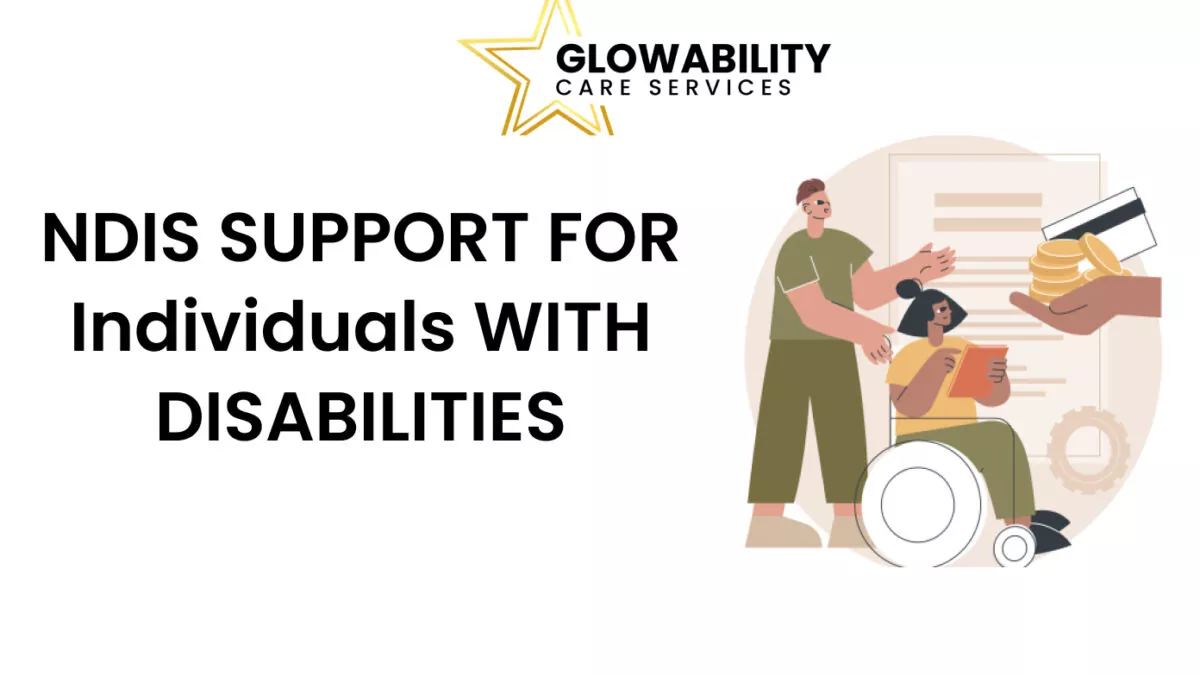
Exploring Housing Options and Support under the NDIS
June 27, 2023
Accessing NDIS Support: Essential Requirements for Maximizing Benefits from NDIS
July 4, 2023Comprehensive NDIS Support Services for Your Needs
Person-Centered Approach:
At the core of the NDIS philosophy is a person-centered approach. It recognizes that every individual with a disability has unique needs, preferences, and aspirations. Through this approach, the NDIS aims to empower participants by giving them greater choice and control over the supports and services they receive. This goes beyond simply providing funding; NDIS support services involves actively involving participants in decision-making processes and enabling them to tailor their support plans to their specific requirements.
Comprehensive Assessments:
To ensure holistic support, the NDIS conducts comprehensive assessments of participants’ needs. These assessments consider not only their disability but also their personal circumstances, goals, and aspirations. By taking a broader view, the NDIS acknowledges that individuals’ disability-related needs are interconnected with their overall well-being. The assessment process includes discussions with participants, their families, and relevant professionals, allowing for a comprehensive understanding of their support requirements.
Range of Support Services:
The NDIS offers a wide range of support services that extend beyond financial assistance. These services encompass multiple aspects of an individual’s life, such as healthcare, therapy, personal care, education, employment, social participation, and mobility aids. By recognizing the importance, the NDIS enables participants to access the specific supports they need to enhance their overall quality of life. This comprehensive approach recognizes that disabilities can impact multiple areas of life and strives to address those impacts holistically.
Capacity Building:
Another crucial aspect of the NDIS is its emphasis on capacity building. The scheme aims to empower individuals with disabilities by focusing on their strengths, abilities, and goals. Through capacity building, participants are supported in developing their skills, knowledge, and independence. This may include accessing educational opportunities, training programs, employment support, or assistive technologies. By fostering participants’ abilities and self-determination, the NDIS encourages long-term empowerment and reduces dependency on supports.
Coordination and Collaboration:
The NDIS emphasizes stakeholder coordination and collaboration to ensure comprehensive support that often involves multiple service providers. This includes participants, support coordinators, health professionals, educators, and community organizations. The NDIS aims to ensure that participants receive cohesive and seamless support across different service areas. This collaborative approach helps create an interconnected support network that addresses participants’ diverse needs effectively.
Conclusion:
The NDIS goes beyond funding by prioritizing holistic support, acknowledging the complex nature of disability and the need to address all aspects of an individual’s life. Through person-centered approaches, comprehensive assessments, diverse support services, capacity building, and stakeholder coordination, the scheme empowers individuals with disabilities to lead fulfilling lives. By adopting this holistic approach, the NDIS empowers individuals with disabilities to thrive, achieve their goals, and lead meaningful lives. Through its ongoing evolution, the scheme continues to enhance the quality of support provided to participants.




